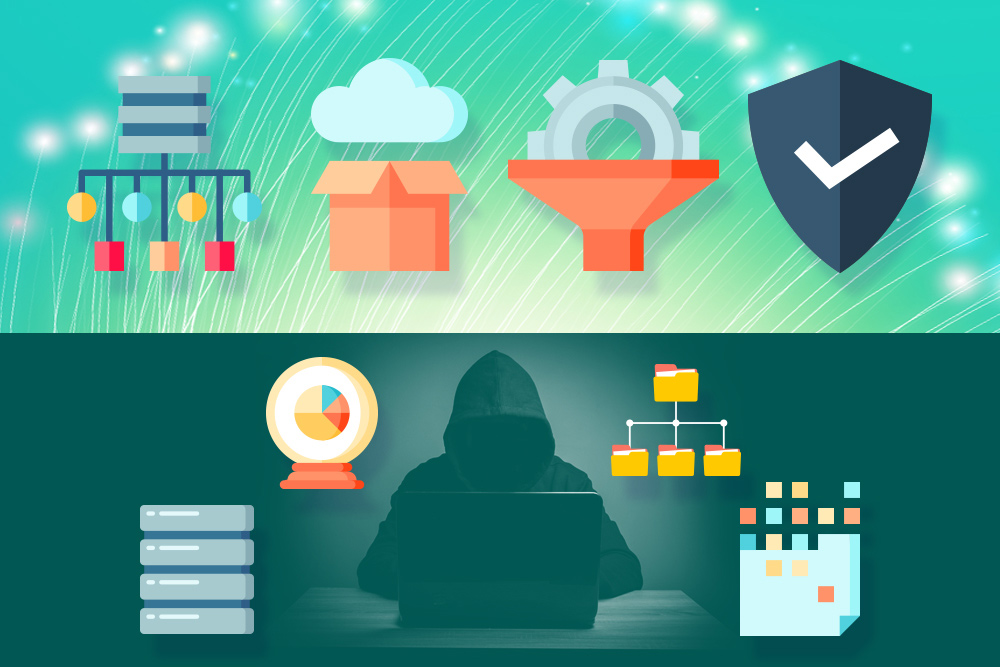What exactly is Big Data? To be exact, it a term used to describe the large volume of data that are hard to deal with or is beyond the ability of commonly used software of a company or organization because of its size and complexity. Although the size of data is quite alarming, the more important aspect is how businesses handle this. Big data can be used for predictive analytics, user behavior analytics or other advanced data analytics, for it leads to better decisions and strategic business moves for companies and organizations. There are advantages and disadvantages in the process of Big Data on the internet of things. Here are the following advantages and disadvantages of Big Data Internet outlined by Fiber Optic Association Cebu:
Advantages:
Decision-making
Specifically, Big Data means that the area of our lives in which data-driven decision-making is expanding dramatically. Businesses and governments can benefit a lot in the process of exploiting new data flows. These means that decision-making can be automated through Big Data analytics that provides the businesses lots of opportunities in creating new insights and solutions to emerging threats.
Increase in efficiency and productivity
Big Data can help the businesses and government’s desire of reducing waste and boost efficiency that leads to proper utilization of scarce resources and a more productive workforce. Statistical models generated by Big Data analytics are used to identify potential efficiencies in sourcing, scheduling and routing that helps a lot in government’s local traffic management and ease congestion.
Research, Development and Innovation
One of the most intriguing benefits of Big Data is its potential use in the research and development for new products of new services. Big data helps businesses in gaining an insight of how others perceive their products or identify the demand of your market and as well as to adapting or making new marketing strategy that will most likely lead to innovation of new products and strategy that will fit to the market environment.
Personalization
The most familiar application of Big Data is its ability to help tailor products and services to meet the customers’ individual preferences. It enables businesses to generate in-depth profiles of their customers which allow them to move past the ‘one size fits all’ that will make their services and products more adaptable to better meet customer demand.
Transparency
“If knowledge is power,” then Big Data will give an advantage to data analytics and the quantity of data available can give the consumers and citizens more knowledge about the services and products they prefer to use. Most of the citizens didn’t sense the vastness of Big Data but it helps eliminate established information asymmetries and make business and as well as the government more transparent.
Disadvantages:
Privacy
One of the major disadvantages of Big Data is its effects on privacy. De-identification or the process of anonymizing data by removing personally identifiable information (PII) – as a way of justifying mass collection and use of personal data. Big Data can be compliant with the existing regulatory and legal frameworks on data protection.
Security
The larger the quantities of confidential information stored by a certain company in their databases would specifically attract potential hackers. Also, it is a duplication of data to many locations to optimize data queries processing that may result in difficulty in locating and securing all items and personal information.
Epistemological and Methodological Implications
Chris Anderson of Wired Magazine proclaimed the “end of theory” which he concluded that Big Data would result to “deluge of data” that the scientific methods of hypothesis, sampling and testing would be replaced by algorithms where science cannot.
Digital Divides and Marginalization
Inequalities can easily emerge for those people who have and those who have not’s. The vast quantity of Big Data is majority-owned and controlled by a very a small number of technology companies and data brokers which is clearly unfair to those who are less fortunate persons.
Discrimination
Faults in programming or discriminatory assessment area criteria can have the potentially damaging implications for individuals which can result in the inability in attaining the insurance and credit which is clearly injudicious.



